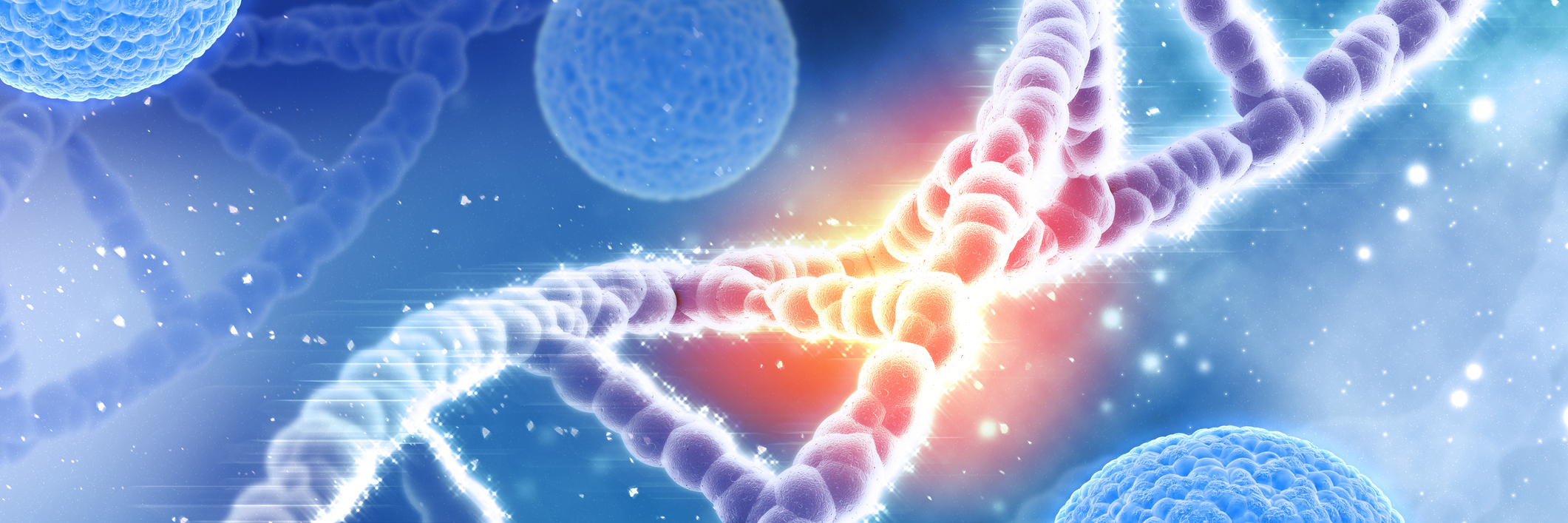At age 64 I found out I have a mutation in my DNA called MTHFR. I heard about it on Facebook from a friend. She listed the symptoms and they sounded too much like mine. So, having had a brain scan recently, I knew I did not have a stroke, and there were no tumors in my brain. I asked my doctor if I could have a blood test to check for MTHFR DNA mutation. When the results came, I was grateful someone had listened to me.
All my life I have felt a bit out-of-sync with the rest of the people I have lived around. As a child, I was well known for my temper which usually resulted in my running to my bedroom, slamming the door and being alone for several hours. I eventually came out of my room, acting as if nothing had happened. I have dealt with depression for much of my life, at certain times severe.
My friend posted on Facebook about an MTHFR gene mutation and the more I read, the more I related to the symptoms. It definitely piqued my curiosity, and I read all I could find about it. It seems like a fairly new discovery and not many doctors are aware of it. My doctor ran a blood test to check if I had the mutation. MTHFR stands for methylenetetrahydrofolate reductase.
According to MTHFR.net, the MTHFR gene mutation is a highly significant public health problem that is almost completely ignored. Millions have addictions, fibromyalgia, miscarriages, schizophrenia, severe depression, cancer, autism and pulmonary embolisms – just to name a few conditions which may be linked to the MTHFR gene mutation.
My mutation is heterozygous A1298C. There is also a C677T which seems to get more attention, but I found that symptoms associated with MTHFR mutations include: brain fog, headache, memory loss, hand tremors, chronic fatigue syndrome, fibromyalgia, irritable bowel syndrome, insomnia, muscle pain, delayed speech and hypertension. Signs that point to a mutation are a decrease in serotonin, dopamine, epinephrine and norepinephrine, ulcers, pre-eclampsia and elevated blood pressure, amongst others.
My own symptoms include insomnia, depression, speech delay, inability to deal with stress and muscle pain. Last year I had shingles. I am glad my doctor agreed to do the blood test. Although I have been taking medication for some time for each of these conditions, they have not been resolved. Two of my sisters also have similar symptoms, so I suggested they have the test too.
Those with A1298C may have methylation issues which lead to increased toxicity. I was prescribed a medical food called Deplin. It is quite new, so it is very expensive, but I feel it is worth it.
With MTHFR, it is difficult for me to process amino acid homocysteine to an amino acid, methionine. Without proper methylation, my body does not repair DNA as well as it should, cannot detoxify heavy metals and chemicals, does not protect telomeres as well, cannot process hormones properly, does not provide me with energy or support neurotransmitters that prevent anxiety, depression, insomnia and brain function (all of which I have deficiencies in). No wonder I have low energy, severe insomnia, lack of memory and hepatitis B.
Things that affect methylation include environmental toxins, chemicals and heavy metals, in particular lead and mercury, and mental and physical stress. Also, certain medications – in particular, antacids. Diet plays an important role in methylation. I must eat uncooked leafy vegetables and be dairy- and gluten-free. I can feel a big difference when I eat the right foods and when I don’t. I must be ever aware of what I am buying also. Anything containing folic acid (a man-made substance) is not good for me. Try finding bread or cereal without folic acid in it. Nearly impossible! Folic acid blocks the folate I need from the food.
I am so glad my doctor found out I have this MTHFR DNA mutation. This helps me live the way I should and gives me a reason for the feelings I have.
We want to hear your story. Become a Mighty contributor here.
Thinkstock photo via kirstypargeter.

